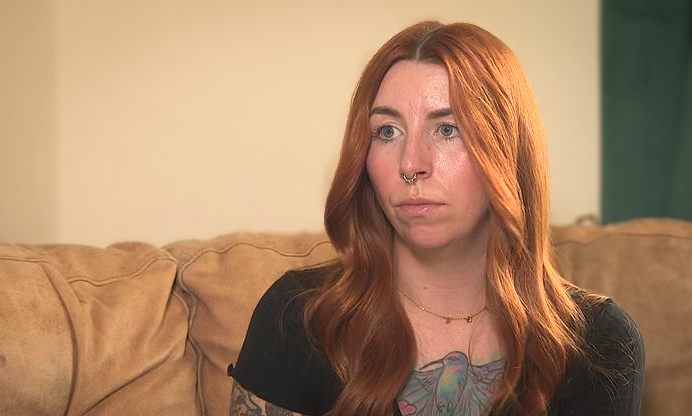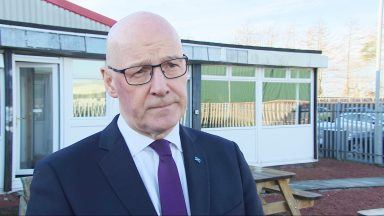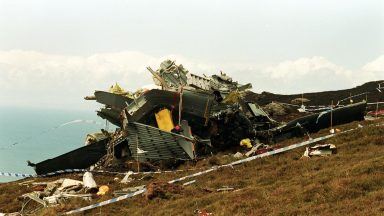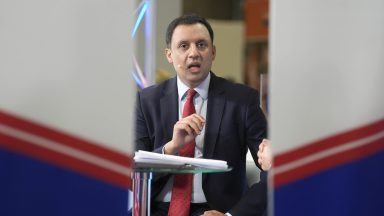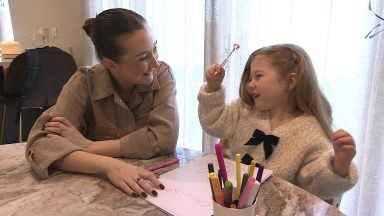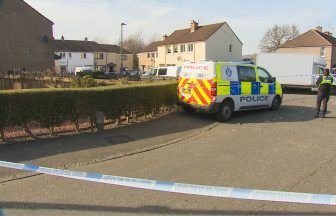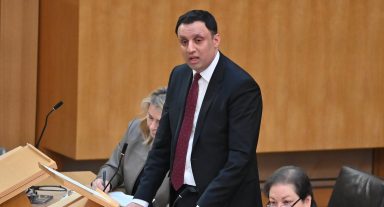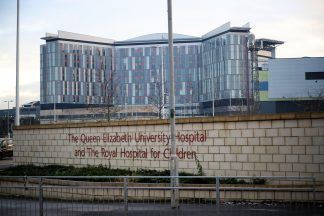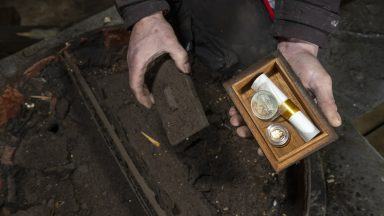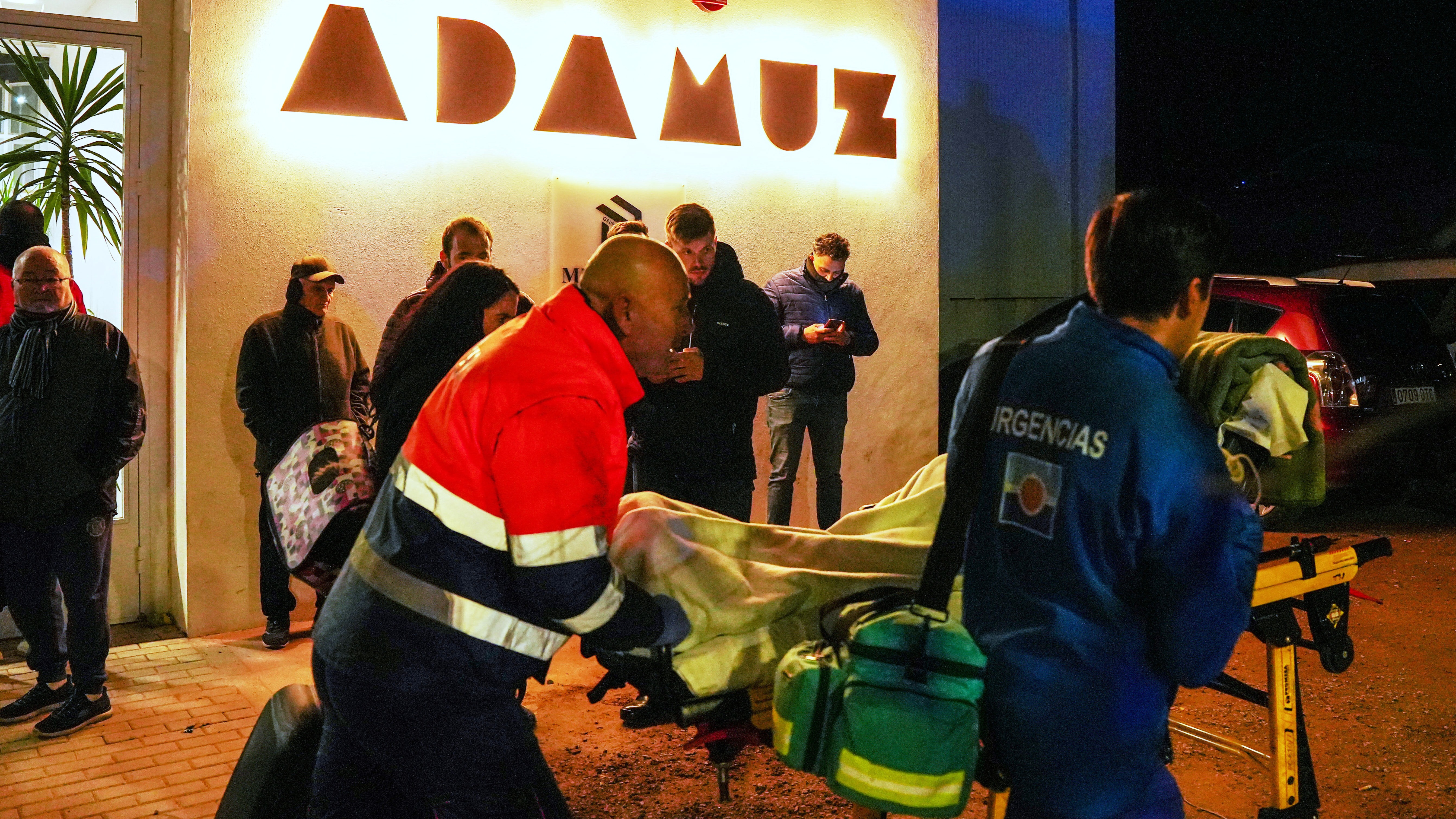The mother of a boy left with lifelong injuries after a series of morphine underdoses at Scotland’s largest children’s hospital warns there will be another incident unless urgent changes are made.
Ellie McAdam’s son Theo was one of seven children given a tenth of the pain relief they should have had after undergoing the surgery at the Royal Hospital for Children in Glasgow last summer.
The underdoses affected seven operations over six days within a single theatre between June 13 and 24 last year but were not discovered until nearly a month later, on July 6.
A review by NHS Greater Glasgow and Clyde (NHSGCC) following the incidents found that overworked and fatigued staff at the Royal Hospital for Children in Glasgow missed vital checks.
But Theo’s mother, Ellie McAdam, from Peterhead, fears another child could be harmed unless action follows.
“I have no doubt that there will be a next one. I have no doubt it will – unless serious changes are made.
“Every birthday for Theo is so much more than a birthday because we’re just glad he’s still here.”
‘It’s caused so much pain and suffering’
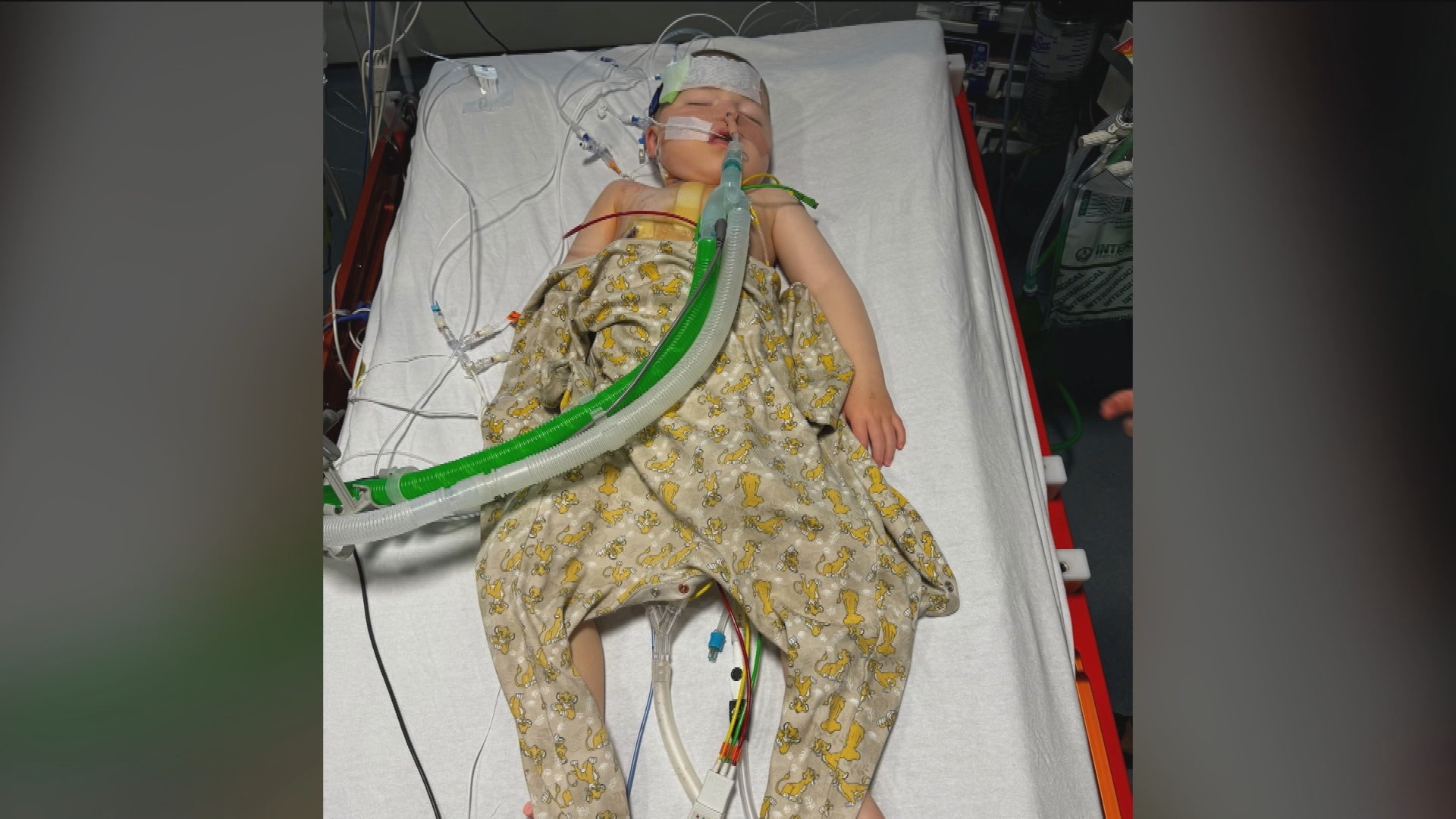 STV News
STV NewsTheo was four weeks old when he needed the first of two open-heart surgeries.
After undergoing his second open heart surgery, a critical mistake meant he received just a tenth of the morphine he needed – 1.5mg instead of 20mg.
Ellie said her son ripped all his lines out in pain and collapsed his own lung.
“That’s not repairing itself at all. We don’t know the impact it’ll have – it’s seeing how it affects him long-term.
“He was genuinely traumatised. He was a completely different boy.
“Because he was so little, he got over it – which is amazing, but we’ll never forget it. I can speak on behalf of many other families; they won’t either.
“It’s had a lasting impact. We’re still dealing with the aftermath. It has caused a lot of pain and suffering.”
An investigation has now been undertaken, which revealed a catalogue of failures.
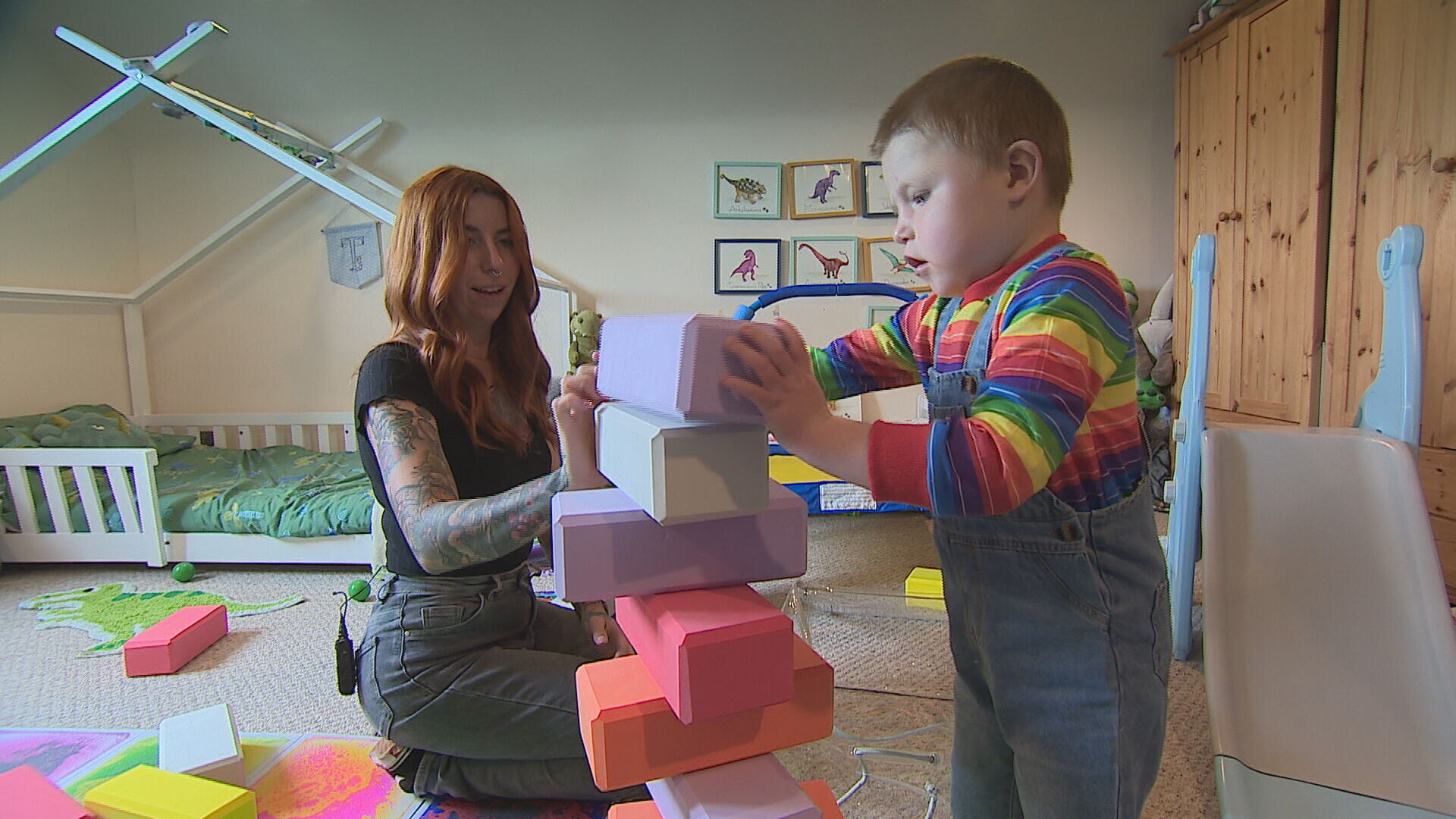 STV News
STV NewsThe review found that 10mg of morphine had been ordered by theatre staff, but that the strength delivered was only 1mg.
Staff assumed the order was correct, and the wrong amount was then used.
A new stock system was also blamed, with the review citing the font size and colour made it difficult to read the amount of milligrams.
A review found the seven children, including Charlotte, were administered 1mg/ml of morphine – when they should’ve received 10mg/ml.
The report also found that the underdose went unnoticed for nearly a month due to staff going on “assumption” rather than doing two-person checks as the procedure requires.
It concluded that human and systematic factors played a significant role.
The Significant Adverse Event Review (SAER) by NHSGGC also found that staff were overworked and overtired during shifts.
The review recommendations included additional staff training and an improved stock management system to ensure “any incident of this nature is prevented from happening again”.
NHS Greater Glasgow and Clyde have again apologised to the families impacted and say they’ve begun the process of implementing the recommendations.
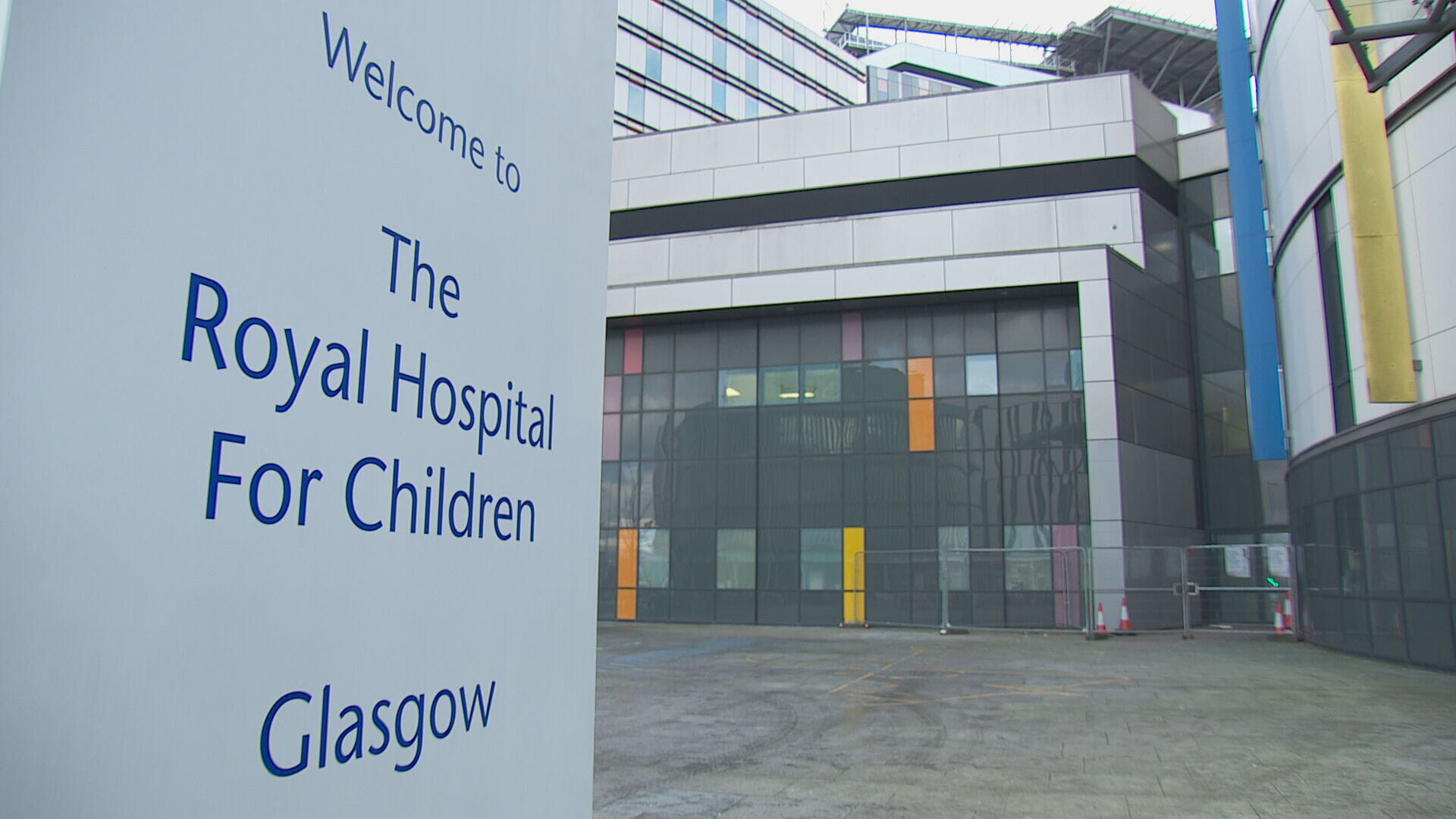 STV News
STV NewsBut Theo’s mother, Ellie, said the review does little to address the reality of what happened.
“The review felt like a half-hearted acknowledgement of them not following their own policies. It doesn’t really take any accountability for what happened. It diminishes the lived experience of the families who went through it.
“It seems almost dismissive of the human error. They called it ‘local rationale’ for the staff making these assumptions – you can fluff it up with a name all you want, but it’s complacency.
“The tone is ‘these things happen’, but that’s not good enough. These people are handing their babies, their whole world, to you.
“The review found that staff were tired and overworked – then hire more staff, stop paying your big bosses £200,000 and put more boots on the ground.
“If it’s leading to these kinds of things, you need to do better. Take a look at yourselves and think, ‘this isn’t working, we need to change it.'”
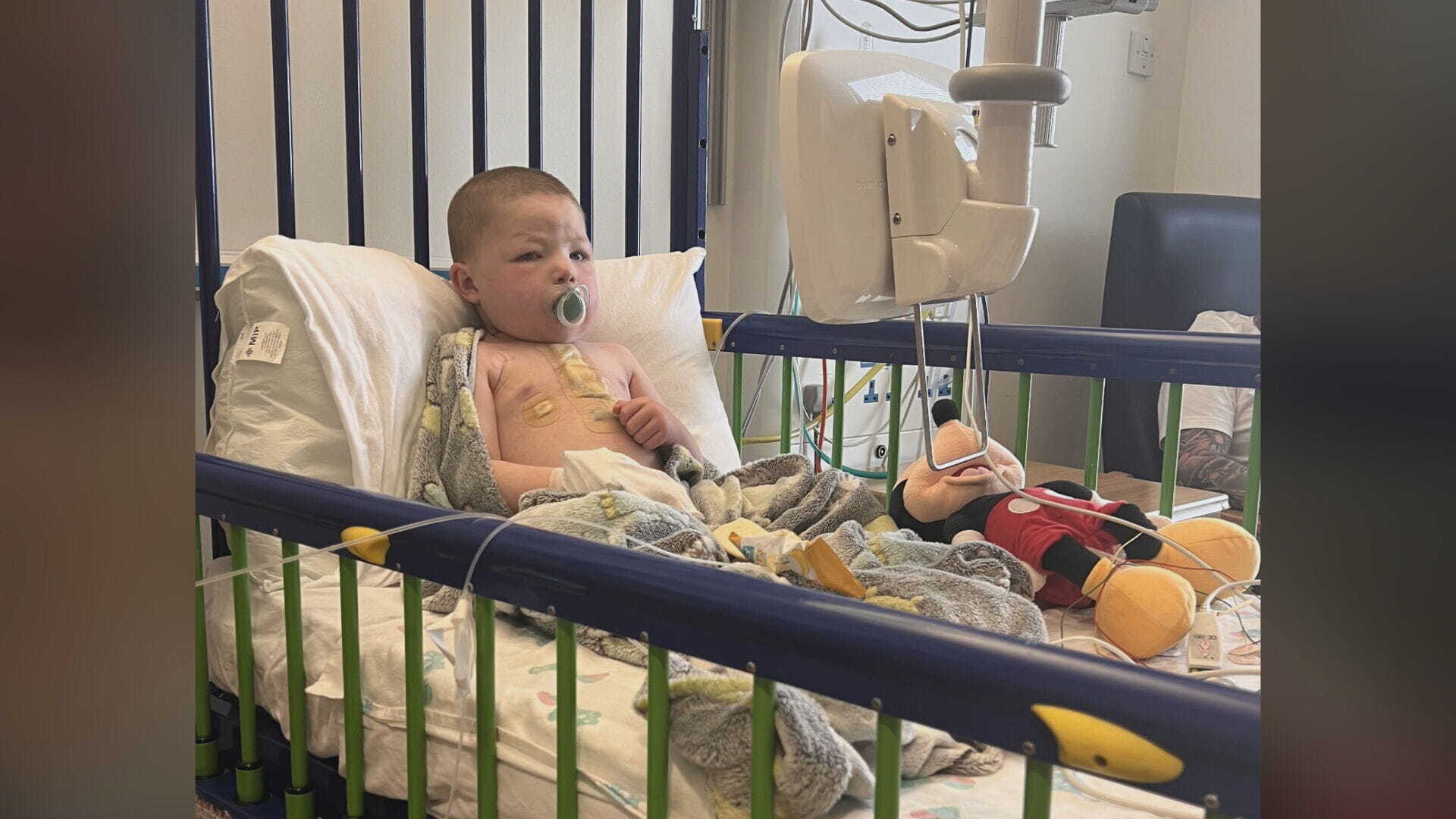 Ellie McAdam
Ellie McAdamShe added: “I’m not on a witch hunt for someone’s job, but several people didn’t do theirs. You’ve not done the checks you’re meant to do. I’d be held accountable if I didn’t do my job, so what’s going to change?”
It’s now been more than a year since Theo’s surgery, and he is continuing to recover.
But its been very hard on Ellie. She believed her son was in the safest place – and and says she still feels the lasting emotional impact of the ordeal.
“There’s anxiety knowing they’ve done this, and even though they’re saying ‘maybe it’s our fault,’ what can you do?
“To then have to put him back in that situation, you think ‘are they going to do their checks, all the points that need to be done to ensure he’s safe?’ I don’t know. But we have no choice either way.
“I know what’s happened and that we are going back. I can’t imagine how we will cope when that time does come.”
NHSGCC apologised and said families have been invited to meet with members of the review team to discuss their concerns.
“We know the care these patients received fell below the standard expected, and we are sorry,” a spokesperson for the health board said.
“Both human and systems factors played a role in this incident, and we are committed to ensuring that lessons are learned from this extensive review, which was carried out with the involvement of pharmacy, nursing, and medical staff, as well as an individual panel member providing expert opinion.”
The health board said it began implementing the report’s five recommendations as soon as the error was identified.
“It includes recommendations around staff training, the physical environment and stock management system, which are designed to ensure any incident of this nature is prevented from happening again,” the board said.
Follow STV News on WhatsApp
Scan the QR code on your mobile device for all the latest news from around the country


